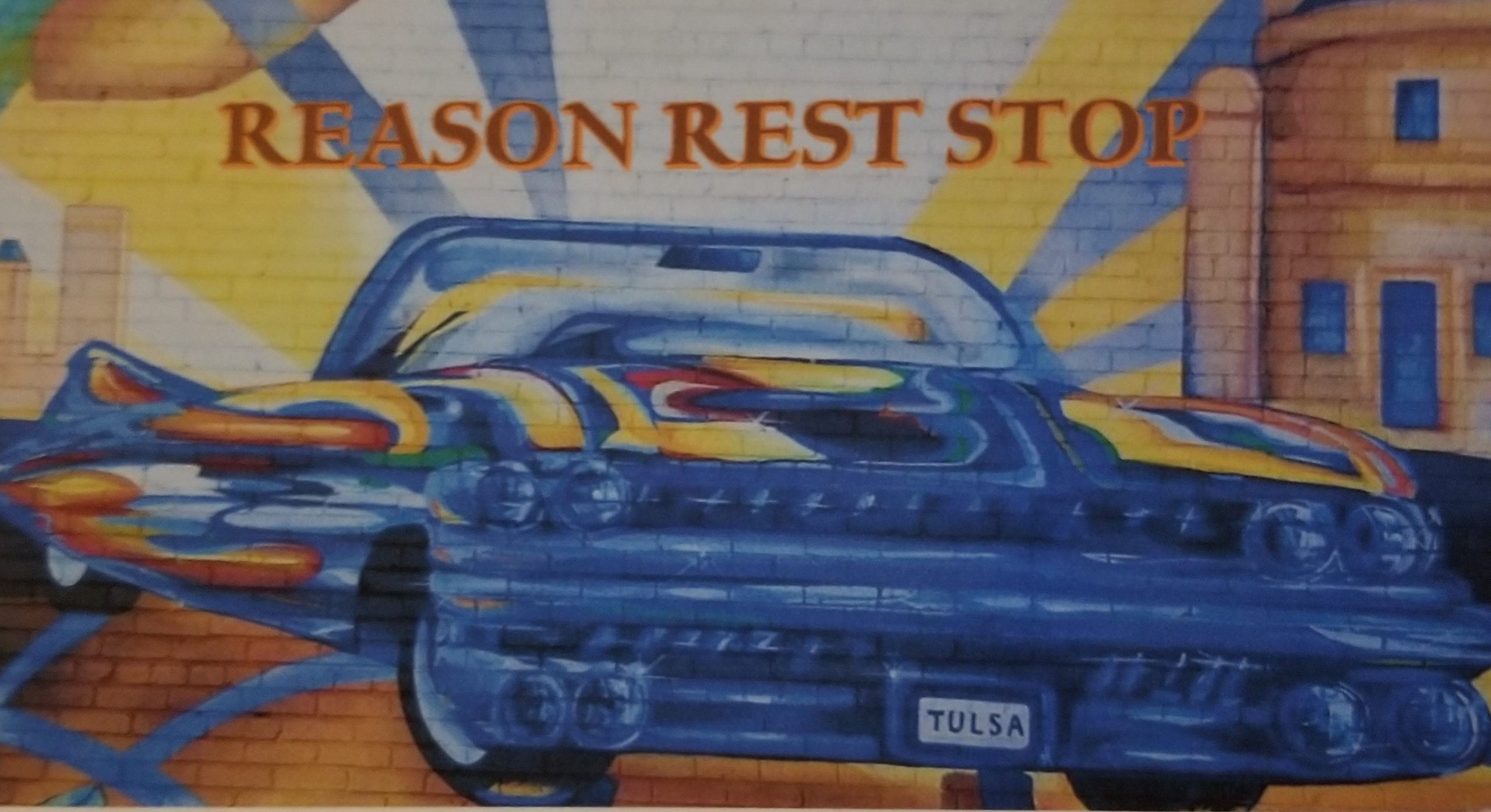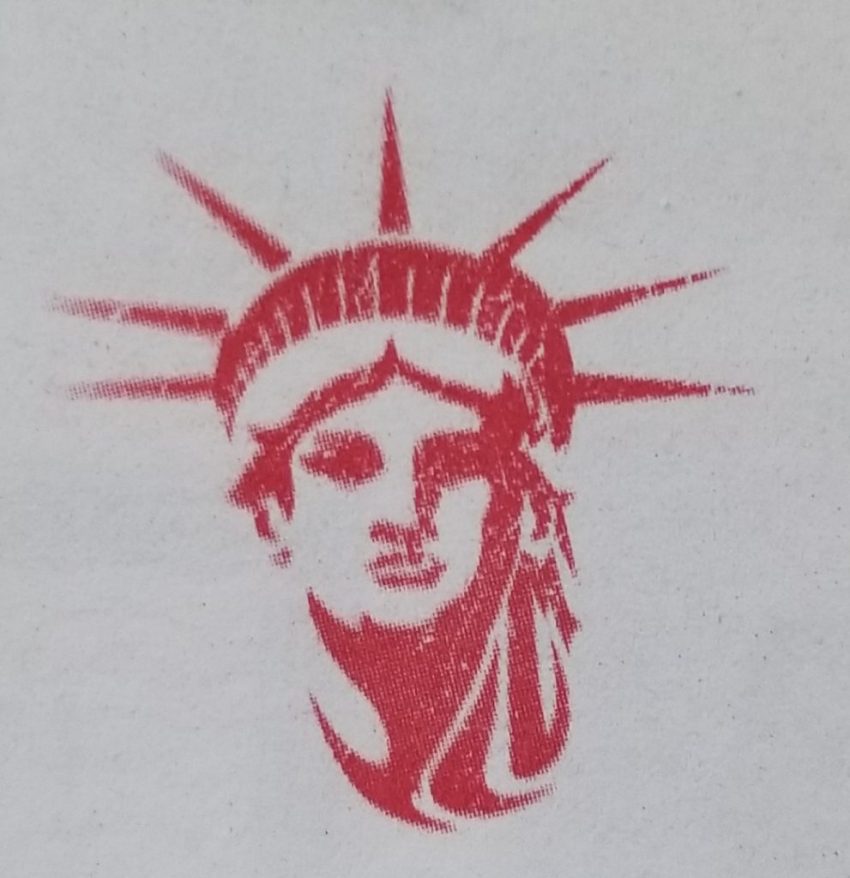Voting is the one activity essential to a functional and vibrant democracy. A government dedicated to upholding the first fundamental principle of a democratic society religiously holds periodic free and fair elections where all eligible among the governed have unobstructed access to electing their leaders. Democracy works best when all constituents involve themselves in the electoral process. Some governments take this concept to the level of legislative mandate and impose a penalty on all who fail to comply. In the USA, abstaining from voting is recognized as an exercise of free speech under the 1st Amendment. That may be fine and well with respect to individual rights, but please understand that we get the government we elect.
It is true what you may have heard, refusing to vote is not revolution. It is in fact surrender! Since 2000, the highest voter turnout as compared to the voting eligible population in a Presidential election year was 2008 with 57.1%.
As has been said on this blog before, Democracy was, is and will always be a work in progress. That is especially true of the American style of the practice. The fact that voting has not always been a basic right for all citizens in the United States emphasizes this premise nicely. In the beginning only landowners who were white adult males which accounted for some 6% of the population were given the vote.
From the founding of the Republic all the way up to within the past decade, voting eligibility in American elections has undergone numerous restrictions and expansions as this TIMELINE of VOTING RIGHTS well illustrates. That aforementioned work in progress has finally arrived at the inclusion of ALL citizens of ALL races, genders and income classes. All who are of age 18 years and older now possess the lawful right to register and engage in the sacred democratic activity of marking a ballot on Election Day. That brings us to how the ballots get to the box and how they get counted when the polls close. More on this shortly.
In a perfect world all voting is done on the same day within designated times at predetermined and easily accessible polling locations. Sadly, this is often not the case. In struggling democracies obstructions to voting, be they bureaucratic or physical, are usually intentional and imposed by those who have a vested interest in discouraging voter turnout. This is known as VOTER SUPPRESSION. Any attempt to manipulate the vote count by any individual or group of individuals, through whatever means including disinformation, intimidation, disenfranchisement, voting machine tempering, destruction of or other invalidation of ballots all fall under the penumbra of ELECTION FRAUD. Voter impersonation or what is often referred to as IN-PERSON VOTER FRAUD does in fact occur but in virtually infinitesimal numbers. As the preceding Wikipedia entry duly notes:
“Existing research and evidence shows that voter impersonation is extremely rare. Over a recent 14-year period, there were only 31 documented cases of voter impersonation.”
The November General Election is now a mere 69 days away. The incumbent President, who is trailing in every single credible poll, is making every possible effort via social media and all available airwaves to inject an element of reasonable doubt in both the Electoral College and popular vote outcome. The Brennan Center for Justice has invested a great deal in research and fact-finding on the issues of voter fraud and election fraud dating back to its founding in 1995. They are in fact up to date on the latest wild claims and unsupported public assertions made by the highest office holder in the land and a few holder lower offices.
As was noted above, equally as essential to the process as registering and actually voting is how the ballots get to the box and are counted. This is especially important when votes are cast by non-conventional means such as by absentee ballot. ABSENTEE VOTING, also known at VOTING BY MAIL, has a LONG HISTORY IN THE UNITED STATES. Absentee voting has been done by the U.S. Military in large numbers since the LATE WAR BETWEEN THE STATES. Then just as now, free and fair elections were held during a time of national emergency. Absentee voting by mail is NOT a new voting modality.
I will personally vouch for military absentee ballot voting. Yours Truly voted by absentee ballot while on active duty in the 1980 and 1988 Presidential elections and a couple of midterm elections as well. For all the scaremongering and doubt-sewing done by those using the bully pulpit of public office to discourage voter turnout, absentee voting is by far the safest modality available, particularly during the worst pandemic in a century! All claims of MASS vote-by-mail fraud simply do not pass fact check. Again, my thanks to the Brennan Center for Justice.
As it turns out in the year of Covid-19, absentee voting by mail is the preferred method of voting by most state and county election boards. Please see the links below for instructions on how to apply for and vote via absentee ballot in the State of Oklahoma.
One final point of note, an Oklahoma absentee ballot requires TWO First Class postage stamps.
Disrupting any election due to alteration in activity related to staying safe from a lethal contagion is not acceptable. Here’s to a more perfect Union!


Great information, Stan! I hope voter participation will rise and will continue to rise. I worked at the All Souls polling place for the August 25th election in Tulsa, and I know that the elections in Tulsa are carefully monitored and documented. If you should be in the record as having had received an absentee ballot and you forget to send it in, you can still come in person and vote, sign an affidavit that you are voting one time in person; most people had their absentee ballots and ripped them up in front of us to show they are not voting twice. The electronic records and the paper records must reconcile. There is something special about observing people exercising their voting rights. A person is never turned away from voting; if there is an exception/hiccup in the process somewhere for some reason (most typically changes in address), one can always cast a provisional ballot, which does count. You can always vote. We are trained to never turn a voter away. Cast your vote-it counts. Elections, much like
prayers, do not always result as we might have hoped, but what is important is that everyone’s vote is counted and recorded. Much like the playground adage my children brought home from kindergarten: “You can’t say you can’t play.” (Okay, a possible free speech issue, but you can’t say “you can’t vote”.